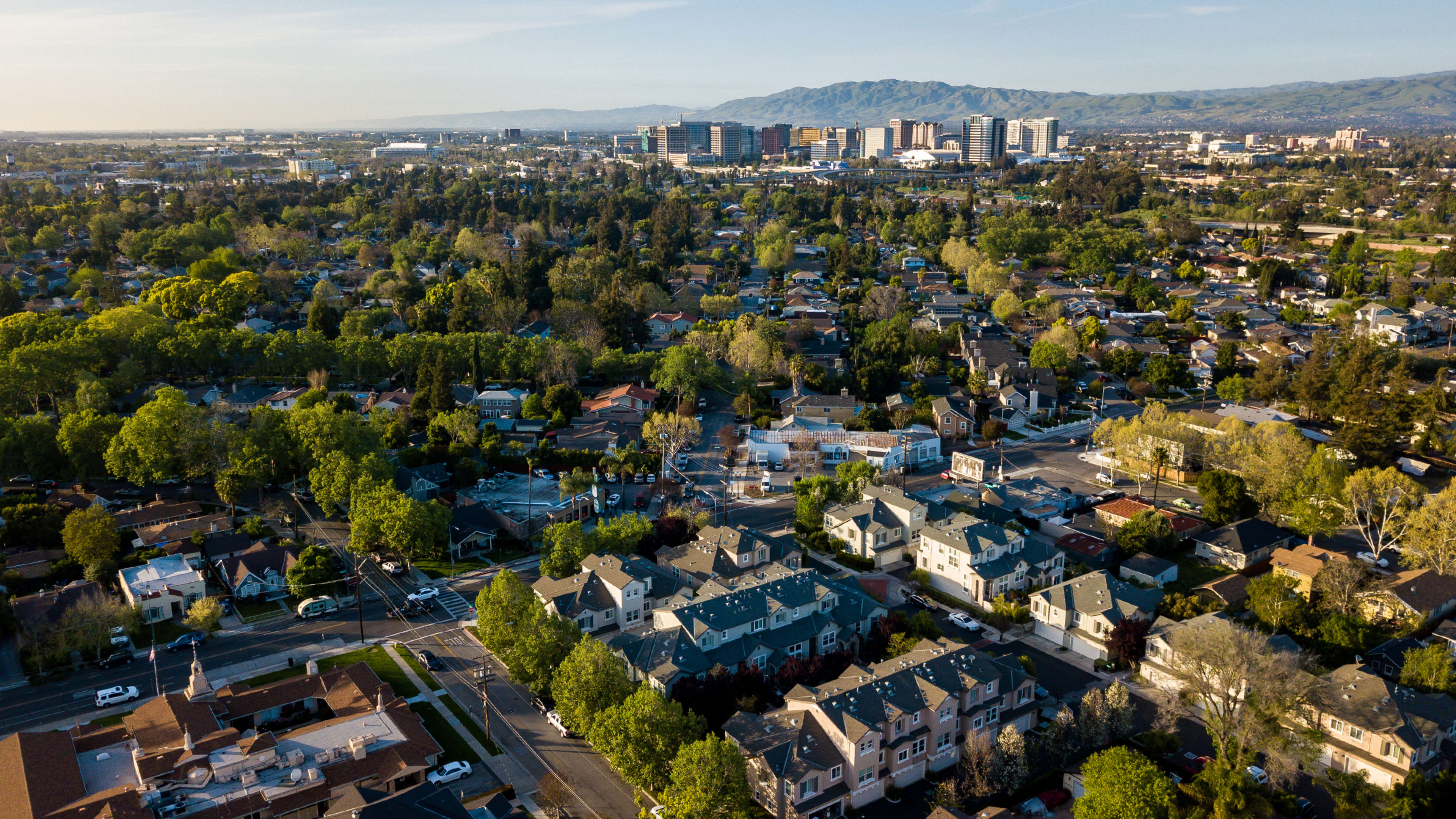Tech companies have helped fuel the housing crisis in the Bay Area. But they’re also making attempts to tackle the problem. Google, now one of the largest employers in the area, just announced that it will spend an additional $1 billion to invest in housing.
That includes repurposing $750 million of the company’s land—which had been zoned for office and commercial use—to build at least 15,000 new homes, including affordable housing. That might not sound like a large number in a region with a population of more than seven million. But in a blog post about the announcement today, Google CEO Sundar Pichai points out that only 3,000 homes, in total, were built in the South Bay, where Google is headquartered, last year. “We hope this plays a role in addressing the chronic shortage of affordable housing options for long-time middle and low-income residents,” he wrote.
The company also plans a new $250-million investment fund to incentivize developers to build at least 5,000 new units of affordable housing and will give out $50 million in grants through google.org to nonprofits focused on homelessness and displacement, building on $18 million in grants that it has already given out. The company is also working with local governments to help speed up the pace of development.
The commitment “is not a silver bullet that’s going to solve the Bay Area’s housing crisis,” says Matt Regan, who focuses on housing policy at the Bay Area Council, a local business organization. “That’s going to require a multifaceted commitment by a lot more entities, primarily local governments, to match what Google has done.” Cities, he says, have moved too slowly to approve new housing. “Unfortunately, we’ve gone through a period in our history where the default position for most local governments has been to deny the construction of new housing. And as a result, we’ve seen a massive job growth period and it has been matched by a rapidly declining housing production. The results speak for themselves: We’re seeing spiraling rents, and more and more people having to commute longer distances to get to and from their jobs.” Google’s efforts could help spur cities to move faster.
“Our goal is to get housing construction started immediately, and for homes to be available in the next few years,” Pichai wrote.
Recognize your brand’s excellence by applying to this year’s Brands That Matter Awards before the final deadline, June 7.
Sign up for Brands That Matter notifications here.
